I’m a firm believer that before moving forward, you should first look backward and see what has worked well and what could have gone better. That’s why I’m kicking off 2023 by reflecting on 12 lessons I learned from a few of my favorite college leaders and marketing experts on GradComm’s popular podcast, Higher Education Coffee and Conversation.
1. Looking to Make Change? Get Stakeholders on Board Early
“It’s a matter of, trying to bring people together to really have a common vision about the student experience and how we want to achieve student success for those students.”
It’s no secret that connecting with students is key to boosting completion rates and student success. Renee Craig-Marius, Executive Vice President of Educational Programs at Gavilan College, guided her former institution, Reedley College, to be an early implement of Guided Pathways. The key? Getting stakeholders on board early and keeping them engaged throughout the process. In Episode 20: A Guide to Helping Guided Pathways Take Root, Renee shares how she worked with stakeholders to reframe her institution’s mindset and how this helped her college succeed in integrating novel and effective strategies.
2. Don’t Try to Please Everyone
“Websites that try to be everything to everybody may end up being nothing to nobody.”
Now more than ever, students, faculty, and staff need an effective website. With over three decades of experience in tactical web design and content strategy, Karen Norton, Executive Director of Integrated Marketing and Communications at Bunker Hill Community College, says research helped her college cut down the clutter on their website and focus on what matters most. In Episode 21: Navigating the Web of Competing Demands During Site Redesign, Karen reminds us that trying to accommodate every audience will take away from the authenticity and uniqueness of your brand. Stick to what makes you unique to attract the right audience.
3. Go Fast or Go Home
“How fast does it load? The number one cause of abandonment on a website is speed.”
When it comes to website traffic, speed matters. According to expert digital marketer Chris Barton, President of Digital Marketing Solutions at Gannett | USA TODAY NETWORK, your college website has got to load fast—so focus on getting rid of virtual junk that slows you down. Apart from that, if your goal is to get noticed by potential students online, your college must appear on the first page of a search engine, or you risk being irrelevant. In Episode 22: Optimizing Current Digital Marketing Tools and Getting Ready for New Ones, Chris highlights the keys to avoiding website abandonment in a fast-paced, digital world, and shares tips on how to optimize your web presence for search engines and more.
4. Data Can Help You Tell Great Stories
“Data has to be useful, usable, and actionable.”
Numbers are important but using numbers to tell stories is persuasive. As founder of the Institute for Evidence-Based Change, Brad Phillips educates stakeholders on the craft of data-informed solutions to improve practices and increase student success. In Episode 23: Using Data to Tell Stories, he shares ways we can all use data to tell a compelling story.
5. Big Changes Call for Big Process
“I felt awful coming to campus and seeing that image or knowing that’s what we are. That’s not who I am, and it’s not reflective of what this college means to me.”
When it comes to making big decisions on campus, especially about something as institutionally important as a mascot, you must take the time to listen to all stakeholders, especially students. In Episode 24: Gauchos, Bobcats, and Zoom Bombs: Changing Mascots is Not for the Fainthearted, Director of Marketing and Communications at Saddleback College, Jennie McCue, shares the thorough, thoughtful, and at times hysterical process Saddleback College followed when it changed its mascot. Jennie emphasizes that an inclusive, patient and transparent process will produce the best results when tackling change with passionate advocates on all sides.
6. There’s an App for That: Colleges Can Support Students With Technology
“Students have a lot going on right now, and we want to take as many barriers away so they can focus on going to college. That’s the number one goal.”
Community colleges help diverse students from all backgrounds and experiences get on track for a successful future. In Episode 25: On a Mission to Create a Great App, Nial Adler, former Director of Marketing at Mission College, demonstrates how community colleges can get creative in supporting students. During the pandemic, Nial assisted in launching an app that helped students register, manage classes, and get answers fast. The app garnered 5,000 downloads at a critical time for students, faculty, and staff.
7. Happiness is the Result of Realistic Expectations
“I think many of us get caught up in that knee-jerk reaction of the president wants me to do something, so I must execute fast. But we knew if we were going to do it, we needed to do it right.”
Podcasts are a great way to facilitate space to have less formal conversations with a variety of people. In Episode 26: Podcasting 101: Dissecting A Successful Podcast Strategy, Allan Hancock College’s Public Affairs and Communications Director Lauren Millburn and Public Information Analyst Chris McGuinnes relay the importance of setting expectations with college presidents, faculty, and marketing teams to create the best results.
8. Don’t Wait for a Crisis to Plan Ahead
“The traditional approach too often has been looking at communications as a line item, as somebody that handles your social media, perhaps overseas class schedule, very tactical, but not a strategist in a crisis.”
Colleges have crises…including natural disasters, theft, sexual harassment, embezzlement, cyberattacks, and more. And while most colleges have plans for dealing with natural disasters, few are ready for crises of confidence or other “human-caused” crises. In Episode 27: Communicating Crises On and Off Campus, crisis communication expert Scott Summerfield emphasizes that if your college wants to manage the message, then you must plan for and train for crises before they happen.
9. Don’t Shy Away from Awkward Conversations
As an award-winning children’s author, produced screenwriter, and GradComm’s own Creative Director, Michael Mahin understands the importance of being sensitive about how we portray culturally diverse groups of people. In Episode 28: Creating more Diversity on Campus through the Power of Communication, Michael reminds us that being outside of a culture does not mean that we should not write about it, but instead that we have a greater responsibility to get it right. To get the best results, don’t be afraid of awkward conversations, and surround yourself with people who can help guide you with expert advice.
10. Keep Working on Your Writing Skills
“No matter what job you’re in, from a manager at a restaurant to an editor at a newspaper, there are certain skills that you can take from whatever profession you’re in that are applicable elsewhere.”
When working in higher education marketing, you need to bring a melting pot of expertise. In Episode 29: Applying a Journalistic Background to Communication Roles in Higher Education, award-winning writer and editor, David Ogul, describes his career journey from a freelance reporter to an interim community college marketing director. He shares how developing your skills, especially writing skills, making good connections, and gaining new experiences along the way make it easier to succeed in your career.
11. Show Students What’s Next
“It’s not about what you’re going to do forever, it’s just what you want to do next. That’s what’s great about this, people can reinvent themselves.”
According to the Department of Labor, over 950 different types of jobs exist. But if I can’t name more than 100, a high school student probably can’t either. As a professional development specialist, Dr. Kevin Fleming has built his career on spreading the message that career opportunities are available for everyone and that work-based learning opportunities are the path to get there. In Episode 30: Exploring Options for a Better and More Fulfilling Career, Kevin dives into how trade schools connect students to jobs that provide purpose, passion, and a good income. He believes institutions should introduce more career possibilities, so students have more options for a fulfilling career.
12. Don’t Be Afraid to Ask for a Little Help
“Trying to buy your own media is like trying to be your own attorney– it takes more time and expertise than you thought you needed.”
When you want to generate awareness, acquire new customers and drive sales, outsourcing your media buys is the first step to consider. As the owner and CEO of TEC Media, a top agency in Chicago, Chuck Fetterlyuses data and media to help audiences discover, advocate for, and purchase products and services. But this process doesn’t happen overnight. In Episode 31: Unlocking the Secrets to Successful Media Buying for Colleges and Beyond, Chuck reminds clients that thorough planning is necessary for execution.


